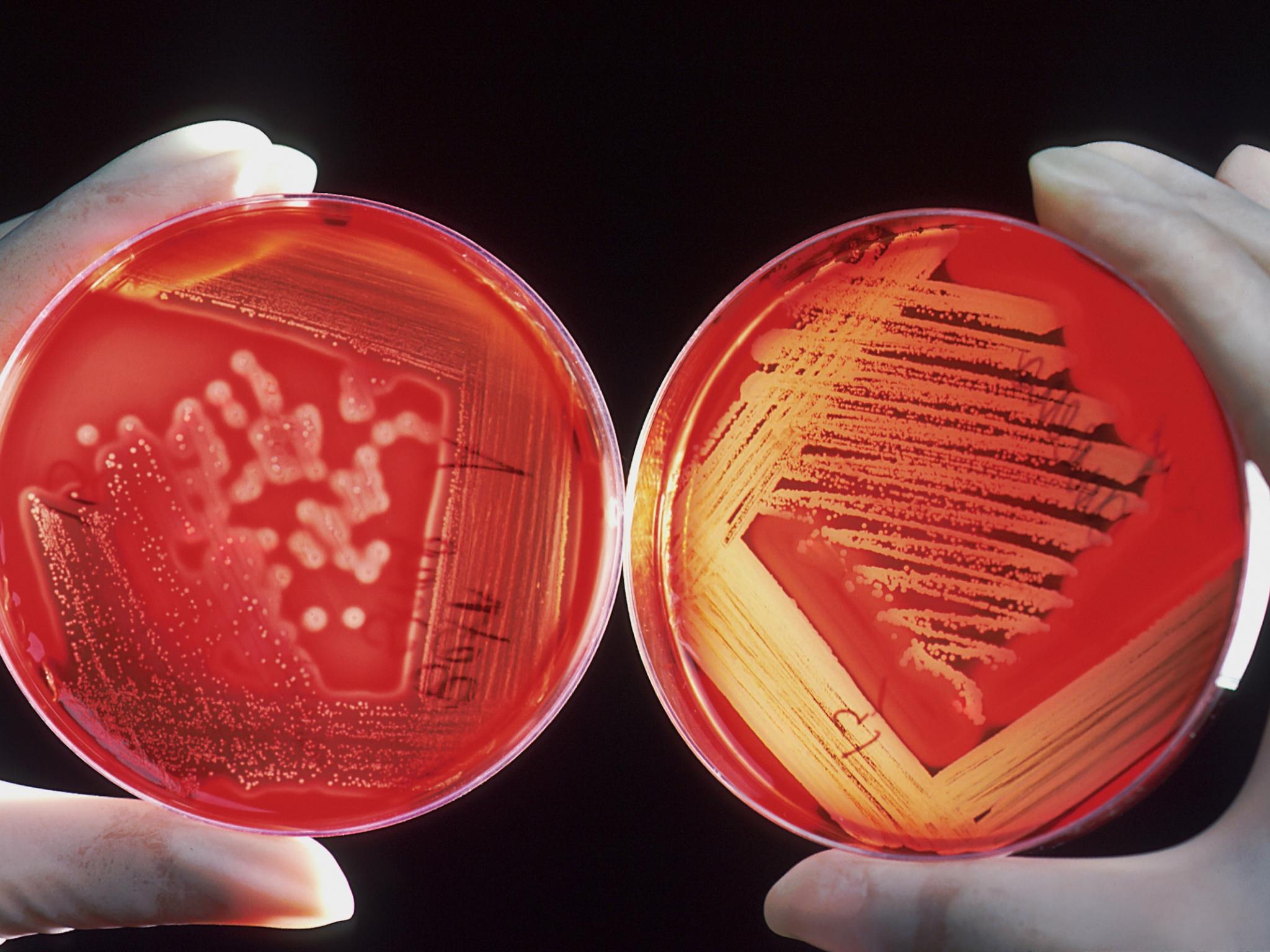
Recently, U.S. industry officials said that "cannabis testing laboratories are partly to blame for the marijuana industry’s focus on delivering high-THC products to consumers."
It could be associated with state regulators' lack of mechanisms to check the accuracy of private laboratory testing results.
"Without state-run labs to keep tabs on their private counterparts," industry officials added. In addition, they said that, "cannabis growers and product manufacturers are likely to keep shopping around for private labs that deliver results showing high THC potency."
Are Labs Procedures Affecting Cannabis Bussiness?
Jill Ellsworth, founder and CEO of Willow Industries said, "on the lab side, inflated potency results that are not accurate are happening everywhere." Willow Industries is based in Denver and provides marijuana and hemp decontamination technology.
"It would be a 'great idea' for state cannabis regulators to use a third-party testing lab to audit private laboratories," Ellsworth added. Auditing the THC-potency test results of private labs, states such as California and Colorado have taken at operating their own state-run testing labs. However, a number of state programs don’t operate their own labs to verify results.
Educating Consumers: A Key For Their Safety
Although some scientists are warning that "high-THC marijuana is causing more people around the globe to become addicts," cannabis operators expressed that consumer safety should take priority over THC potency.
"Companies could then concentrate on educating consumers about cannabinoids and the entourage effects of different terpenes," Ellsworth said.
Meanwhile, Myron Ronay, CEO of BelCosta Labs, warned against pushing too hard for terpenes to be the main quality indicator – although he'd like to see product labels provide more information about terpene profiles.
“There’s a lot of risks inherent in the whole industry. Are people going to spray extra terpenes on their flower?” Ronay asked. “Are labs going to have incorrect terpene profiles?"
Ronay added that some cannabis in California is selling with as high as 40% THC potency on the label. “Which, I honestly don’t believe,” he said. Over 30% THC is possible, according to Ronay. However, his staff bought a cannabis flower labeled at 37% THC, went back to the lab with it, and saw it test at 17%.
Customers Vs. Labs: How does Law Solve This Type Of Issues?
In July, a class action lawsuit was filed by three medical marijuana patients, against Steep Hill Arkansas, alleging the lab “intentionally inflates the amount of THC in its customer’s flower” on behalf of at least three growers named as defendants.
Christian Poole, director of marketing for Steep Hill (CSE:STPH), rejected the allegations stating that they have every belief that the lab they’re affiliated with in Arkansas has not broken any rules, and that they do things by the books.
“Lab shopping is definitely a real thing. It’s an issue in both Canada and the United States,” added the director of marketing for Steep Hill which is based in Berkeley, California, with locations in 10 states, Canada and Mexico.
According to Poole, "testing labs have plenty of incentives to engage in that kind of behavior, including getting additional business and charging more for favorable results. There’s a lot of people who will argue that some of the best cannabis they’ve ever smoked was not a high-THC product.” Poole pointed to terpenes as a major topic.
According to Poole, there is evidence that chemical compounds play an important role in how consumers enjoy marijuana. “The evolution starts to suggest thinking about terpenes as part of the picture as well.” Poole works for Molecular Science Corp., a testing lab based in Toronto.
In Canada, for example, if a certificate of analysis comes in with a very high THC result, regulators can check whether the results are legitimate. Health Canada has its own testing labs that the government contracts to help investigate testing results.
So... Is There A Solution?
“No one knows where it begins and ends, but a lot of it is the consumers who want what they think is very potent cannabis,” said Lev Spivak-Bindorf, co-founder and chief science officer for Ann Arbor, Michigan, cannabis testing laboratory PSI Labs.
Spivak-Bindorf suggests looking at THC and CBD ratios as well as other components in the plant, such as terpenes and minor cannabinoids.
"The prevailing idea that cannabis is getting stronger is a myth," Spivak-Bindorf said, adding that consumers should know there are more important qualities than THC, which could reduce the incentive for growers and manufacturers to lab shop.
“Having a third-party lab that can actually look at samples and help ground things in truth is a huge part of that,” said Spivak-Bindorf who is a proponent of state-run labs.
Recently, Spivak-Bindorf's lab participated in a study that analyzed nearly 90,000 samples of cannabis across six U.S. states with legal marijuana markets.
"Flower testing with more than 25% total THC is in the 93rd percentile, which means it’s rare,” Spivak-Bindorf said. "Flower testing with as high as 35% THC is above the 99th percentile – yet product labels often show such a potency level."
“Potency inflation, which can increase the value and salability of your product, it does get a little questionable once you start digging,” he concluded.
Photo: Courtesy Of National Cancer Institute On Unsplash







